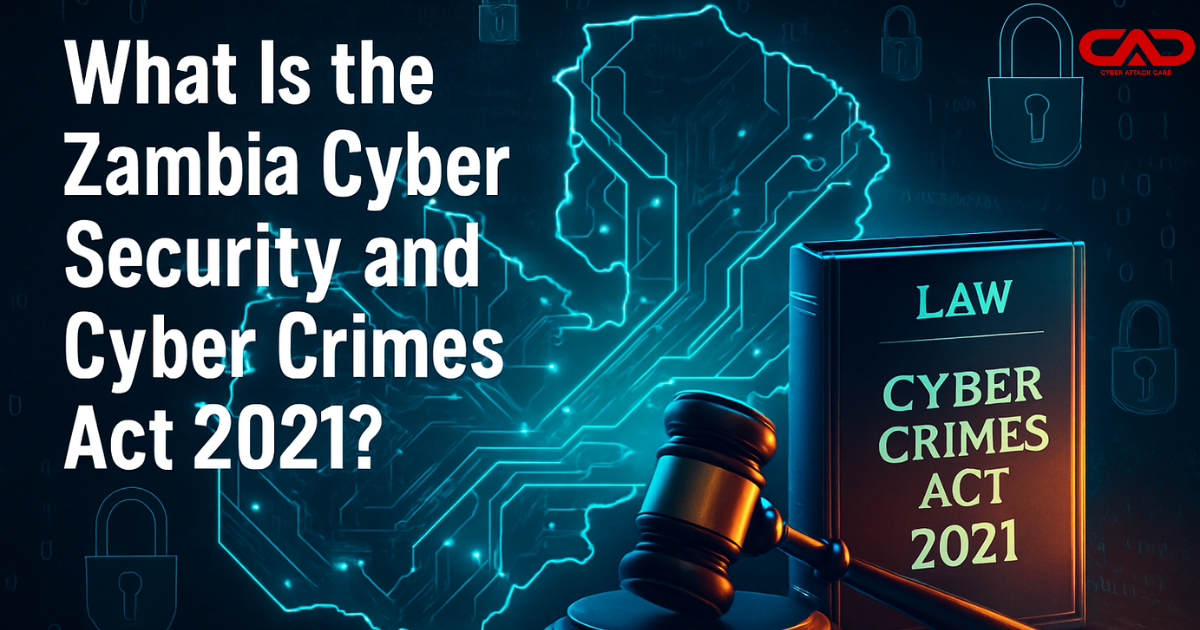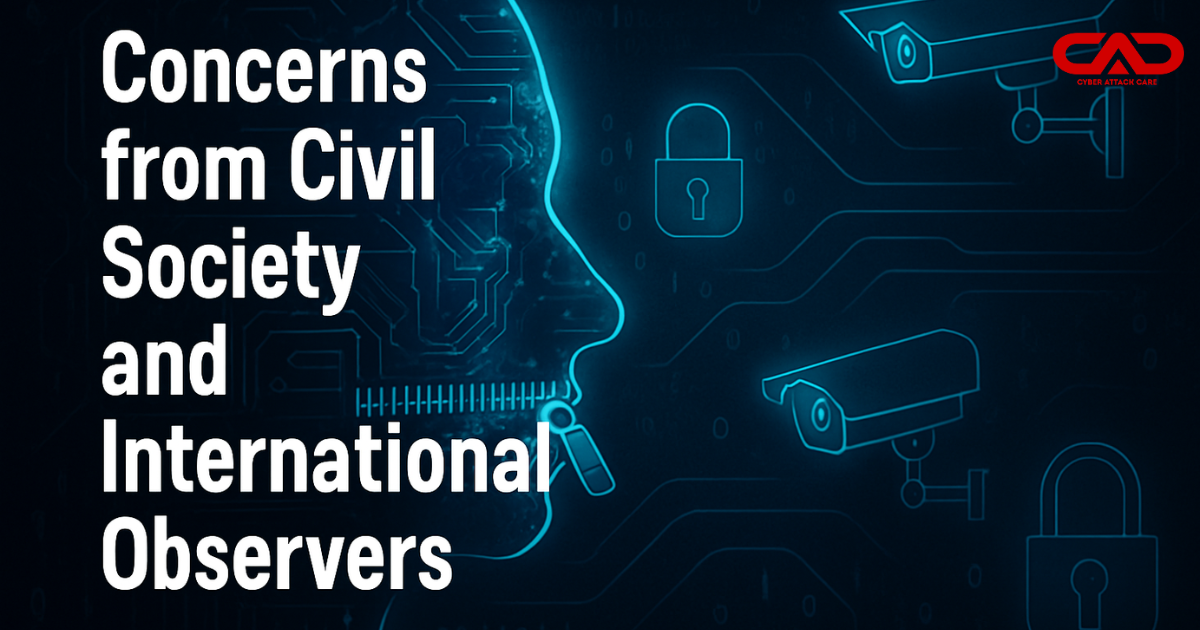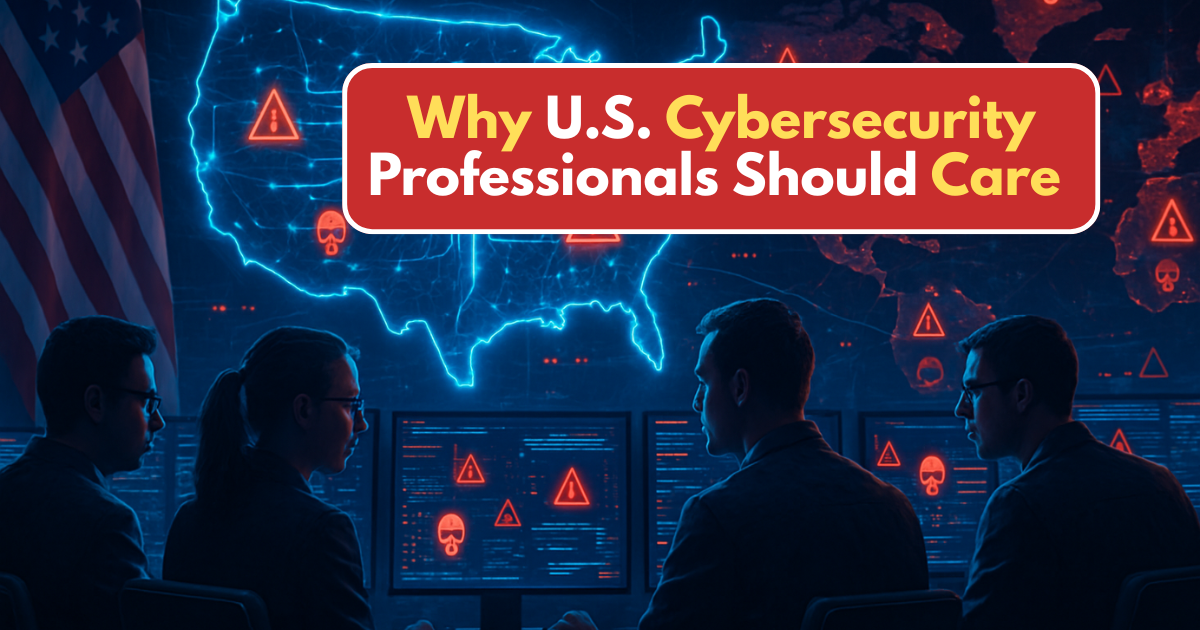Zambia Cyber Security and Cyber Crimes Act 2021 is a landmark piece of legislation introduced to strengthen Zambia’s defenses against the ever-growing threat of cybercrime. As the nation embraces rapid digital transformation—from online banking to e-governance—cyber threats have grown more sophisticated. In response, the Zambia Cyber Security and Cyber Crimes Act 2021 was enacted to enhance digital safety, prevent criminal activity online, and provide a legal framework for prosecuting cyber offenses. On the surface, the law appears to be a necessary step in protecting users, networks, and data in an increasingly connected society. It outlines measures for combating cyberbullying, identity theft, hacking, and other cyber-related offenses while establishing regulatory oversight for digital platforms.
However, the Zambia Cyber Security and Cyber Crimes Act 2021 has sparked significant debate and concern—both within Zambia and internationally. Civil society groups, journalists, and human rights advocates warn that the Act’s vague definitions and sweeping surveillance powers could be used to suppress freedom of expression and restrict online privacy.
Unlike U.S. or European cybersecurity laws that emphasize civil liberties and judicial oversight, this legislation leans heavily on state control, with limited transparency. Critics argue that without proper checks and balances, the Zambia Cyber Security and Cyber Crimes Act 2021 risks becoming a tool for political suppression rather than a safeguard against digital threats. In this article, we’ll unpack the key provisions of the Act, analyze why it’s raising global red flags, and explore how it compares to cybersecurity norms in the U.S. and other democratic nations.
What Is the Zambia Cyber Security and Cyber Crimes Act 2021?

The Act was signed into law in March 2021 to:
-
Criminalize cyber-related offenses
-
Regulate electronic communications
-
Empower authorities to combat online threats
-
Create a framework for national cybersecurity management
On the surface, it sounds like a step in the right direction — a way to secure Zambia’s digital future. But when you dive deeper, issues become clear.
Key Features of the Law
Here’s a breakdown of the most important provisions:
1. Broad Definitions of Cybercrime
The Act criminalises a wide range of digital activities, including:
-
Unauthorised access to computer systems
-
Cyberbullying and online harassment
-
Distribution of “false” or “offensive” information
-
Publication of private data without consent
The problem? Terms like “false information” and “offensive” are not clearly defined — which opens the door for misuse.
2. Government Surveillance Powers
Law enforcement agencies are granted the power to:
-
Intercept communications
-
Monitor online activity
-
Seize digital devices (like phones and laptops)
These powers can be executed with limited court oversight, making the law a potential tool for surveillance without accountability.
3. Real-Time Collection of User Data
Section 77 allows authorities to monitor user activity in real-time, including social media and messaging platforms — raising major concerns about privacy violations.
Concerns from Civil Society and International Observers

1. Threat to Freedom of Expression
Critics argue that the law can be used to target journalists, bloggers, and activists, especially those critical of the government. The vague wording allows authorities to interpret content based on political interest.Similar laws in other African nations have already been used to jail citizens for Facebook posts or Tweets.
2. Lack of Independent Oversight
The law gives broad powers to state agencies without meaningful checks and balances. In democratic societies like the U.S., surveillance and search powers typically require court warrants. Zambia’s law skips that step in many cases.
3. Potential for Abuse During Elections
Digital rights organisations warn that the law could be misused during election periods to suppress dissent, control narratives, or silence opponents under the pretence of cybersecurity.
How It Compares Globally
| Country | Cybersecurity Law Comparison |
|---|---|
| U.S. | Surveillance powers checked by FISA courts; better-defined terms |
| EU (GDPR) | Strong protections for privacy and data; rights-based approach |
| Uganda | Similar misuse of cyber laws to silence critics |
| Kenya | Controversial Computer Misuse Act under judicial review |
Zambia’s law places it closer to authoritarian-style digital control, not the rights-respecting frameworks seen in mature democracies.
Who Is Most Affected?
-
Zambian citizens who post online content
-
Journalists and bloggers
-
Digital marketers and social media users
-
International companies operating in Zambia
-
NGOs advocating for human rights
Even U.S.-based companies working in Zambia should be aware — cross-border data collection and communication can fall under this Act’s scope.
International Response
Organizations like Access Now, ARTICLE 19, and the Committee to Protect Journalists (CPJ) have openly criticized the Act. Their main concerns:
-
Criminalization of dissent
-
State-led censorship
-
Weak privacy safeguards
Suggested Reforms to Protect Rights
To align with international human rights standards, Zambia could:
-
Clarify vague definitions to avoid abuse.
-
Introduce independent oversight of surveillance and device seizures.
-
Protect digital freedom — especially for journalists and civil society.
-
Engage stakeholders in amending the law — including tech experts, legal minds, and human rights defenders.
Why U.S. Cybersecurity Professionals Should Care

This law is a case study in how cybersecurity can be used both to protect citizens and to restrict them. For U.S. companies and analysts:
-
Digital freedom is a global issue
-
Cross-border compliance risks are growing
-
Africa’s digital policy evolution is worth monitoring
Frequently Asked Questions (FAQs)
Q1: What is the Zambia Cyber Security and Cyber Crimes Act 2021 about?
It’s a comprehensive law aimed at fighting cybercrime, regulating digital communication, and strengthening cybersecurity infrastructure in Zambia. It grants law enforcement significant powers but has raised concerns over privacy and freedom of expression.
Q2: Why is the Zambia Cyber Security Act controversial?
Critics argue the Act contains vague language and offers unchecked surveillance powers to authorities. This creates potential for abuse, especially against journalists, activists, and ordinary citizens online.
Q3: Who does the Cyber Crimes Act impact?
It affects anyone using digital technology in Zambia — including citizens, journalists, international NGOs, and even global companies operating in or communicating with Zambia.
Q4: Has the law been challenged or reviewed since its enactment?
Several civil rights groups have opposed the law and demanded amendments. However, as of now, no major revisions or repeals have occurred.
Q5: Where can I find the Cyber Security Act Zambia PDF?
You can typically find the full Cyber Security and Cyber Crimes Act Zambia PDF on the Zambian Ministry of Justice or Parliament website. Look for the official gazette or legal downloads section.
Q6: Is there a Cyber Security and Cyber Crimes Act No. 2 of 2022?
There is confusion around the naming. The Cyber Security and Cyber Crimes Act was officially enacted in 2021 as Act No. 2 of 2021, not 2022. Any “2022” reference may be a citation error or refer to proposed amendments or related discussions.
Q7: Has Zambia passed a Cyber Security Act 2025?
As of now, there is no Cyber Security Act Zambia 2025. The main law in effect is still the Cyber Security and Cyber Crimes Act of 2021. Any mention of 2025 likely refers to speculation, future plans, or unofficial drafts.
Q8: Is there a separate Cyber Bullying Act Zambia PDF?
No standalone Cyber Bullying Act currently exists. However, cyberbullying is criminalized under the broader Cyber Security and Cyber Crimes Act 2021, especially in sections addressing online harassment and harmful digital content.
Q9: Can I download the Cyber Security Act PDF directly?
Yes. The full Cyber Security Act Zambia PDF is often available on official legal websites such as www.parliament.gov.zm or www.moj.gov.zm. Always verify that you’re using the authentic government source.
Q10: What does the cyberbullying law in Zambia cover?
Zambia’s law criminalizes online harassment, stalking, and sending threatening or abusive messages through electronic means. The penalty may include fines or imprisonment, depending on the severity of the offense.
Q11: What is the Cyber Crimes Act, 2025?
There is no official Act titled “Cyber Crimes Act, 2025” in Zambia at this time. The current applicable legislation is the Cyber Security and Cyber Crimes Act of 2021, though discussions about updates or amendments are ongoing.
Conclusion
Zambia Cyber Security and Cyber Crimes Act 2021 stands at the crossroads of digital progress and civil liberties. As one of the most comprehensive laws of its kind in the region, it holds the potential to position Zambia as a leader in cybersecurity enforcement. However, without clear limitations, transparent oversight, and protections for digital rights, the law risks becoming a tool for surveillance and suppression rather than safety and security. The Zambia Cyber Security and Cyber Crimes Act 2021 should not only shield networks from cybercriminals but also defend the constitutional rights of its citizens in the digital space.
For policymakers, civil society organizations, and the international tech community—including U.S. cybersecurity professionals—this legislation serves as a powerful reminder that the fight for internet freedom is global. Laws like the Zambia Cyber Security and Cyber Crimes Act 2021 can set regional precedents, influencing how neighboring countries draft and enforce their own cybercrime legislation. If such acts go unchallenged, they could erode the foundation of a free and open internet far beyond Zambia’s borders.
In conclusion, Zambia’s efforts to regulate cyberspace are valid, but the approach must be balanced, transparent, and rights-focused. Updating and refining this law is essential not only for Zambia’s democracy but for the health of the global digital ecosystem. Whether you are a digital rights advocate, a policy researcher, or a cybersecurity expert, keeping an eye on such developments is no longer optional—it’s necessary.